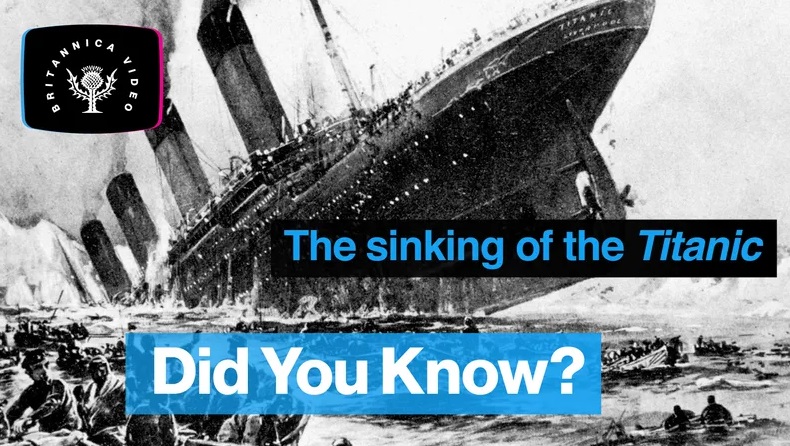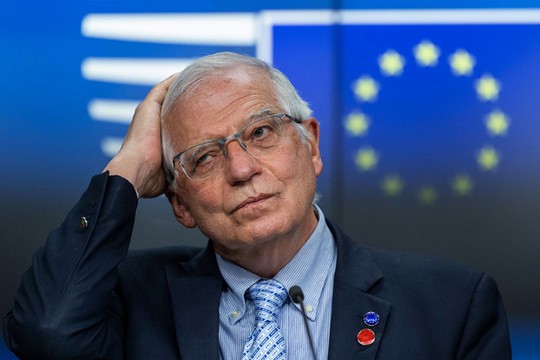“Russia’s war against Ukraine has reunited the transatlantic alliance while exposing differences with other parts of the world. There is a risk that this divide grows and turns into hard rift. While we continue to support Ukraine, we must do more to heed the legitimate expectations of the rest of the world”. This is a confession of Josep Borrell (photo), a High Representative of the European Union for Foreign Affairs and Security Policy/Vice-President of the European Commission.
…You will see – he is in a panic. He understands very well, that now almost half of the World turned out to be not on the side of the collective West – it means the European Union and the United States. He is making frantic efforts to get out of a situation "that the West has never even thought of launching aggression against Russia by the hands of Kyiv regime in the aftermath of the 2014 coup d'état." This thesis does not work.
Yes, the World has seen now all the meanness of the West, and Borrell offers at least some efforts to get out of this swamp, the policy of the EU and Washington dragged, despite of the fact that they have been once ‘leading states of the world’.
Here is a manifesto of a politician who understands quite well that his position is already on the verge of collapse. But Borrell hopes for a miracle- in case if he can persuade dozens of countries and peoples from Asia, Africa and Latin America that ‘Europe is the world leader’, and Brussels words ‘should be heeded’. As they say – "the last hope."
Here are Borrell’s verbal exercises. Let’s say – ‘the last confession”:
- It is not easy to capture today’s chaotic world with neat, mental schemes, for we see many developments and trends at the same time.
- First, there is the US-China strategic competition with growing clashes over trade, technology and security, as well as competing models of society and governance. In many ways, this is the main structuring force in the world today.
- Second, we see the globalisation model of open markets, trade integration and inter-dependence being challenged by a model built around economic security, industrial policy and state intervention. Security considerations are eclipsing economic integration. Trust and optimism are giving way to distrust and pessimism. Some talk of a new Washington consensus.
- We do not know whether our world will be bipolar or multipolar.
- The future is unknown but we can try to shape it, taking into account the following:
- In this new world, new powers are emerging who have their own interests and viewpoints which they want to defend, including a desire to make the multilateral system more representative.
- The degree to which the world will be rules-based or power-based matters more than whether it is bipolar or multipolar. So as EU, we must always stress the imperative of having strong multilateral institutions and agreed, binding rules that govern the relations of all states, big or small.
- We must shape the future with the countries and the peoples in the emerging world, across Africa, the Indo-Pacific and Latin America. The choices they are making on their security arrangements, on how to fight climate change, on how they run their internet or the modalities for their exports of critical raw materials will shape the world as much as the decisions that Washington and Beijing will make.
(…The colonialists from Europe have existential problems now. These colonial powers, united today in the European Union, wanted good relations (!) with those states and peoples whom they had oppressed for centuries for the sake of plundering their wealth. Hypocrites!)
 This is an adept of Western civilization: British Major-General Horatio Robley seated with his collection of ‘severed heads’.
This is an adept of Western civilization: British Major-General Horatio Robley seated with his collection of ‘severed heads’.
 This is the proof of the Belgian colonialists crimes in Congo. Belgians simply cut off children hands...
This is the proof of the Belgian colonialists crimes in Congo. Belgians simply cut off children hands...
But Borrell wants to remake this world according to his own rules. He proclaims:
- The war against Ukraine has clarified what the US, Canada and Europeans have in common. Of course, as always, policy differences remain. But on the strategic issues we are moving in lockstep, at least with the Biden administration.
- Regrettably, this transatlantic and G7 unity has been accompanied by a greater political divide with the emerging world.
- The gap between the West and the rest goes beyond the rights and wrongs of the war. Instead, it is the product of deep frustration — anger, in truth — about the Western-led mismanagement of globalization since the end of the Cold War.
- This is the backdrop for the third trend that we can observe: More transatlantic and G7 unity but within a fragmenting world.
(…Borrell admits that the West is driven into a reservation!)
- The differences in perceptions of the war against Ukraine have their roots in different histories, geography, different policy priorities etc… But indeed, the issue goes deeper. There is a widespread sense among many in what some call the ‘Global South’ that the so-called ‘West’ has been missing in action and self-serving when it comes to a number of key issues which fall under the rubric of global justice: debt relief, climate finance, reform of the international financial institutions and, ultimately, seats and influence at the world’s top decision tables…
- The terms ‘the West’ and ‘the Global South’ are not really accurate (sic!) and fitting to describe the new reality: ‘The West’ is a concept that dates from the Cold War and doesn’t allow for the many countries outside the North Atlantic alliance that do belong to and feel part of the democratic industrialised world (like Japan, South Korea etc).
- Meanwhile, the use of ‘Global South’ projects a degree of unity on what is in reality a very diverse group with huge differences in conditions, aspirations and alignments. The fact that, for instance, the Saudi Foreign Minister told me his country belonged to the ‘Global South’ illustrates how far the term has been stretched.
(…Borrell is scared and justified. He is afraid to understand that the hegemony of the West has come to an end. Any attempts to impose Western hegemony on the rest of the world will be thwarted now. The collective West lived for a long time by robbing the resources of the collective South and the collective East. However, times have changed, and now the collective West can live only at the expense of its own resources – it doesn't have a lot of resources. So, colonial plunder is no longer possible).
- At the Spring meetings of the IMF and World Bank, the dominant sentiment from developing countries ran roughly like this, and I paraphrase: “There was money to bail out your banks after the financial crisis; there was money to bail out your companies and citizens during the pandemic and again to cushion the impact of the rise in energy and food prices. But when we ask for money for debt relief or climate finance, you tell us there isn’t any left.”
- The distinguished Indian diplomat Shivshankar Menon put the point sharply in Foreign Affairs earlier this year: “Alienated and resentful, many developing countries see the war in Ukraine and the West’s rivalry with China as distracting from urgent issues such as debt, climate change, and the effects of the pandemic,” concluded his speech Borrell.
…Two more words about Borrell's manifesto: If the ‘Titanic’ sinks, then it is already useless for first-class passengers to grab the closed doors cabins on the second and third levels with the promise of ‘great prospects’.

read more in our Telegram-channel https://t.me/The_International_Affairs

 10:14 09.05.2023 •
10:14 09.05.2023 •























